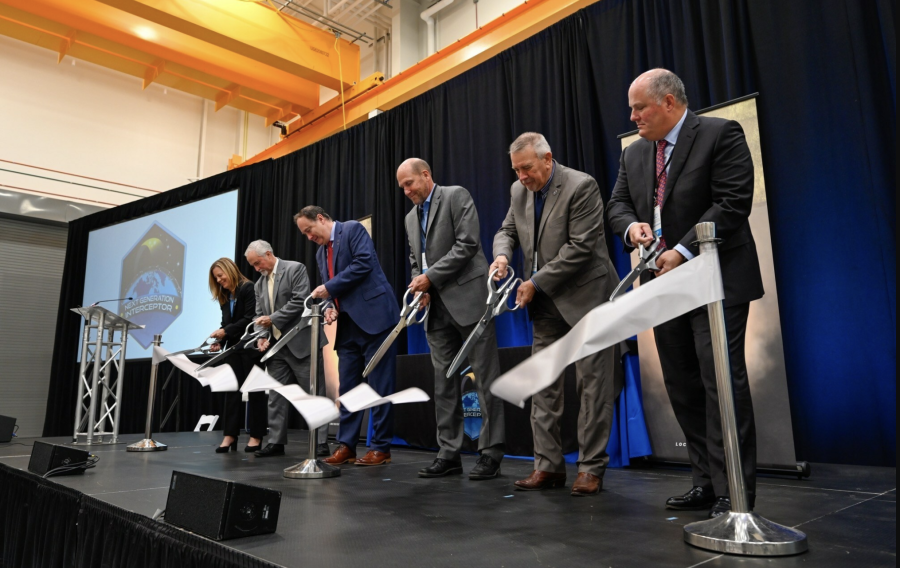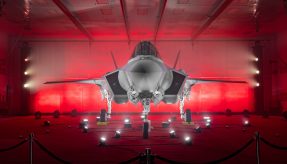
Lockheed Martin has opened a $16.5M engineering facility at its Huntsville campus, introducing more capabilities for missile defense innovation in North Alabama.
This facility is a Lockheed Martin capital project and provides evidence of Lockheed Martin’s investment in the Huntsville community, increasing opportunities for growth and advanced capability in North Alabama at the company’s Huntsville campus.
The new Missile System Integration Lab (MSIL) is where Lockheed Martin plans to conduct development, testing, and system integration for the nation’s next long range ballistic missile defense interceptor – the Next Generation Interceptor (NGI) for the US Missile Defense Agency (MDA).
The MSIL will also house a digital engineering center and key infrastructure to create and maintain a digital thread throughout the integration process.
Robert Lightfoot, Executive Vice President of Lockheed Martin Space, said: “Lockheed Martin is committed to North Alabama and this facility is further evidence of that.
“We are pleased to celebrate adding an advanced facility to our Huntsville campus today — the same year we mark 60 years in the Rocket City supporting our customers.”
The new lab’s concept is strengthened by Lockheed Martin’s decades of experience and expertise supporting the US missile defense mission, across the product lifecycle and all phases of flight.
Sarah Reeves, Vice President of NGI at Lockheed Martin, commented: “This facility serves as a testbed to prove out our hardware and software integration, adding new levels of digital capability, agility and connectivity with our customers.
“It is another example of Lockheed Martin’s investment in the technology and advanced facilities critical to reducing risk for our NGI program.
“The MSIL brings us even closer to flight testing and production of our interceptor, which will revolutionize U.S. homeland missile defene.”
NGI program headquarters is located in Huntsville, where Lockheed Martin is bringing jobs, infrastructure and investment to help strengthen the region as a thriving excellence hub for missile defense.
The company is also planning to break ground this year on two state-of-the-art facilities in Courtland, Alabama, which will add missile production space and a payload manufacturing center supporting its growing portfolio of capabilities in the state.







